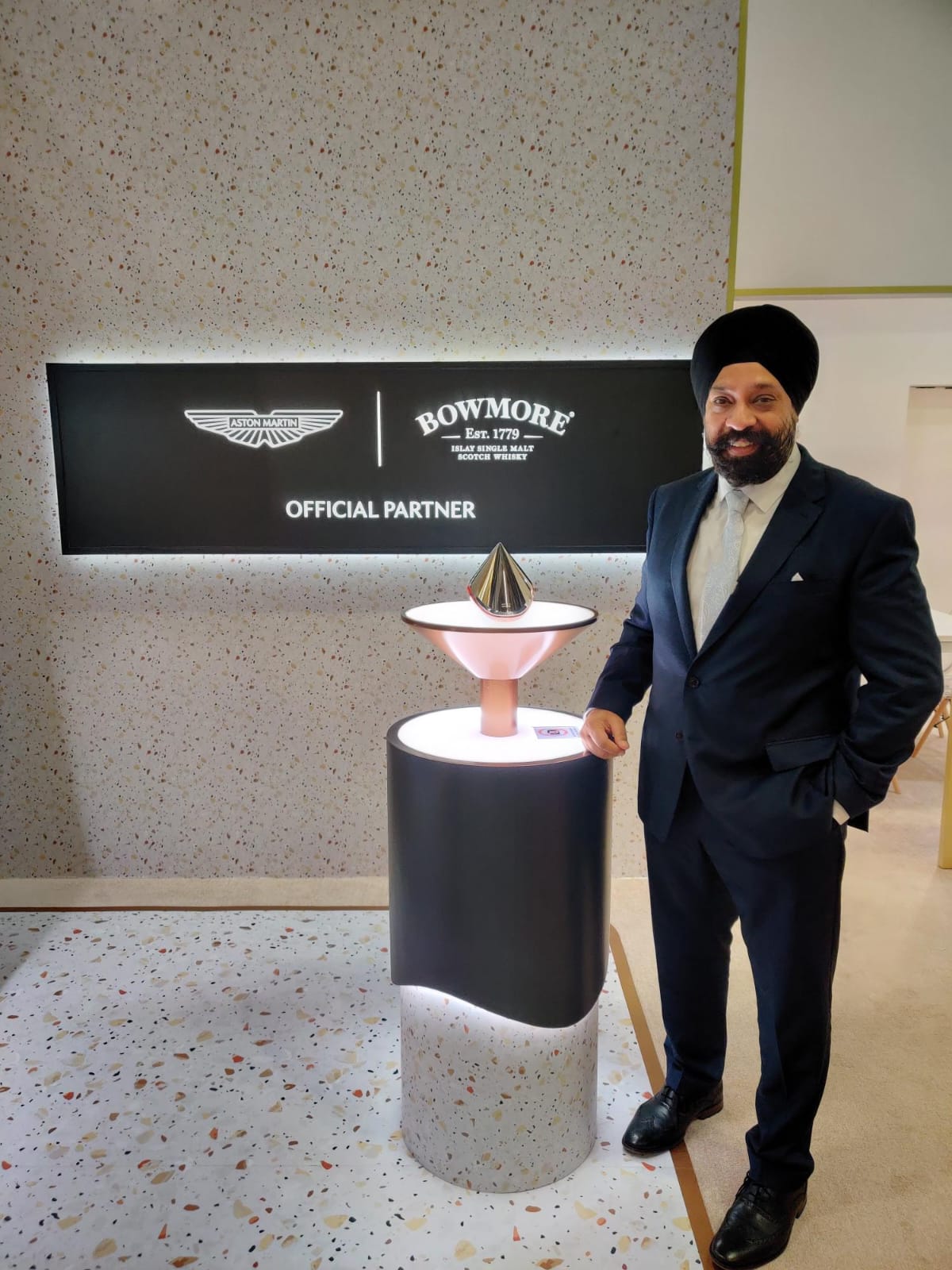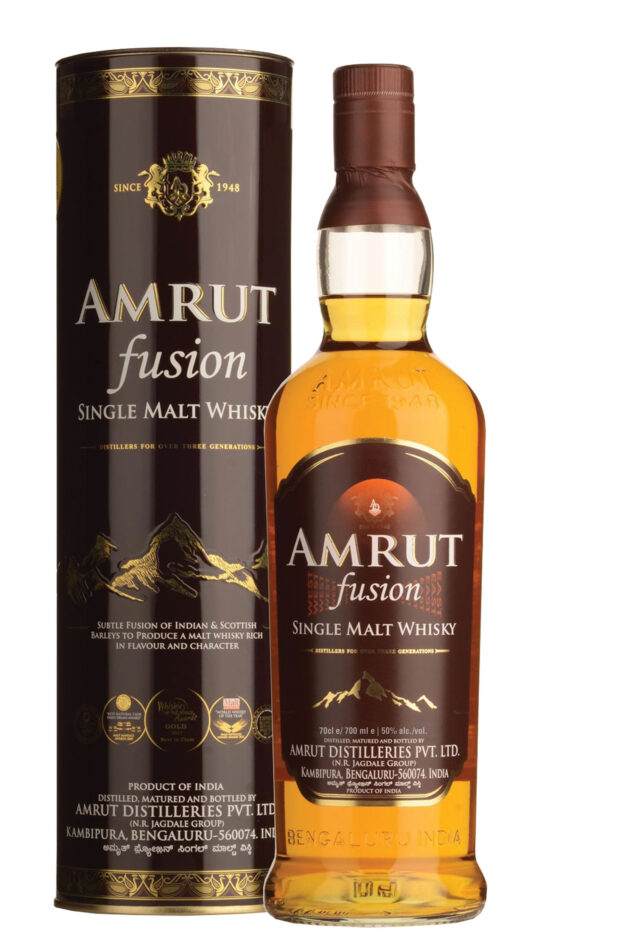Suntory Global Spirits is deepening its imprint in India’s thriving travel retail sector with a clear focus on premiumisation and experiential retail. Mandeep Singh Thukral, Senior Regional Commercial Manager, GTR India, Suntory Global Spirits, outlines the group’s strategic expansion and growing resonance among discerning Indian consumers, especially with the launch of the Bowmore Appellations Collection, now exclusively available at Delhi Duty Free and Ospree Duty Free, Mumbai (Arrivals).

This exclusive single malt series features four rare, age-statement expressions, each finished in casks from celebrated European wine regions, fusing Islay’s signature smokiness with rich global terroirs. “The Bowmore Appellations Collection reflects our commitment to premium storytelling and innovation in the travel retail channel,” notes Thukral.
Expanding Footprint with Premium Spirits
India’s travel retail market is on a growth trajectory, propelled by surging international and domestic passenger movement and a strong appetite for luxury offerings. Suntory Global Spirits has positioned itself strategically with a comprehensive portfolio that spans across iconic Japanese whiskies—Yamazaki, Hibiki, Hakushu, Chita, and Toki—under The House of Suntory. This is complemented by American legends Jim Beam and Maker’s Mark, Islay favourites Bowmore and Laphroaig, and premium white spirits Roku Gin and Haku Vodka. Notably, Suntory’s portfolio also includes India-specific expressions tailored to local tastes, underscoring a nuanced and market-sensitive approach.
Creating Awareness Through Immersive Experiences
Suntory Global Spirits is not only selling bottles—it’s offering experiences. At the flagship Delhi and Mumbai duty-free outlets, the company has curated immersive shop-in-shop boutiques. These spaces feature Kigumi-style wooden lattice architecture, Marumado-inspired digital screens, Zen garden podiums, and interactive digital panels exploring artistic collaborations, including with Japan’s Chiso Kimono House.
A dedicated section on The Art of Japanese Gifting, complete with customisable Kandji cards, further enhances the shopping journey, reflecting the Japanese spirit of Omotenashi—wholehearted hospitality. “These installations aim to educate and engage, turning a duty-free visit into a meaningful cultural moment,” adds Thukral.
Capitalising on India’s Single Malt Surge
Recent data from the IWSR shows Indian Single Malts (ISMs) overtaking Scotch Single Malts in domestic sales for the first time in 2024, growing by over 25% this year following 75% growth in 2023. This transformation signals a distinct consumer pivot towards premium, character-rich whiskies.
“Such growth validates our long-term investment in India,” says Thukral. “While our Japanese whiskies continue to lead with global prestige, our Scotch single malts—including Bowmore and Laphroaig—are also seeing increasing demand.”
The introduction of travel retail exclusives like Bowmore Appellations is a strategic move to capture this discerning customer base.
Beyond India: Global Footprint with Local Relevance
The same emphasis on curation and premium offerings applies across other key travel retail markets like Dubai International Airport and Singapore Changi Airport. While the core lineup remains consistent, each market receives tailored activations and launches to cater to regional preferences.
The Kogei Collection – Japanese Kimono Edition (2024) and the Bowmore Appellations Collection, both GTR exclusives, have been rolled out in these locations, amplifying global brand synergy while respecting local consumer nuances.
Market Share and Future Pipeline
With a 5.5% share in the Indian market, Suntory Global Spirits is seeing robust growth—particularly at international airports, where average basket sizes and conversion rates are significantly higher. “It’s not just about volume, but the quality and aspiration behind each purchase,” says Thukral.
Looking ahead, the brand promises a pipeline of innovative, limited-edition expressions designed exclusively for travel retail. These are aimed at travellers who seek more than just a purchase—they seek a story.
“Our mission is to offer travellers a deeper connection to our brands—be it through craftsmanship, cultural heritage, or exclusive taste journeys,” concludes Thukral. “And India remains central to that vision.”


